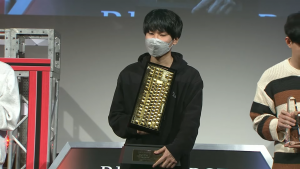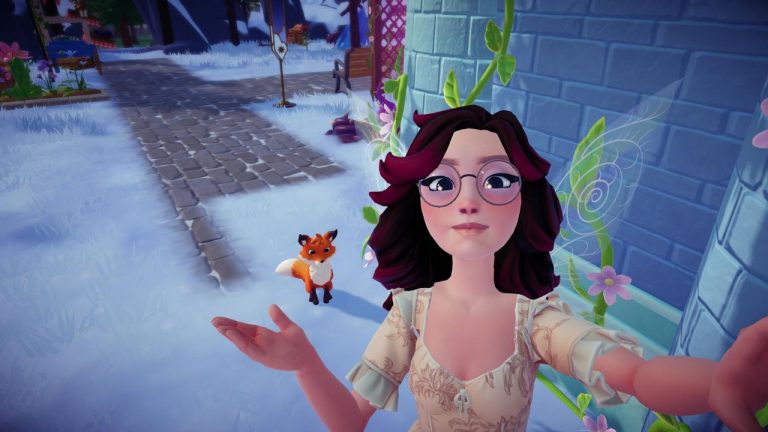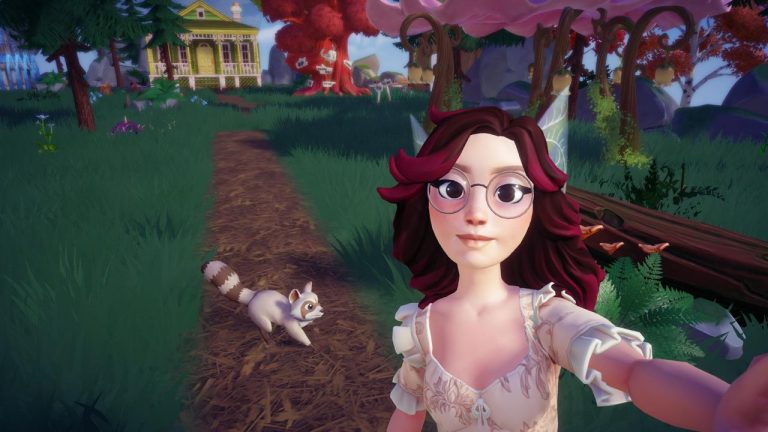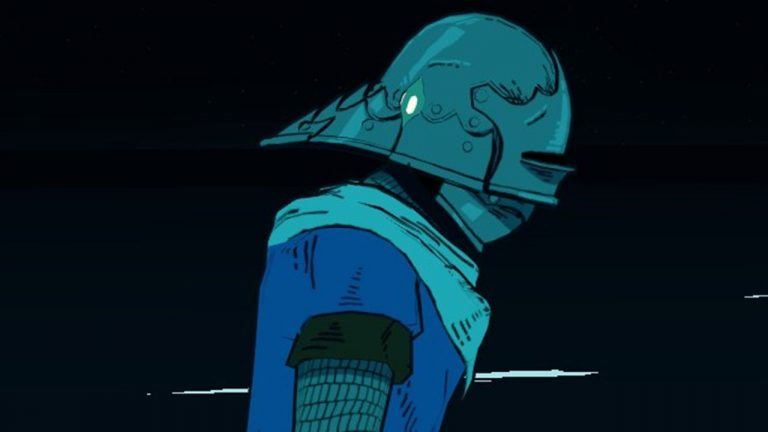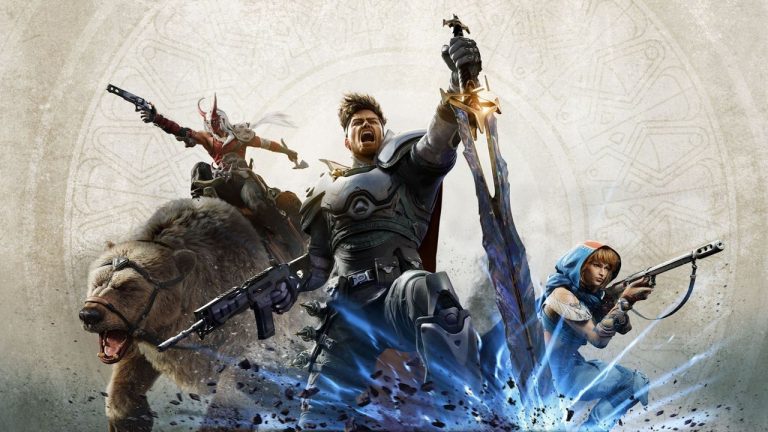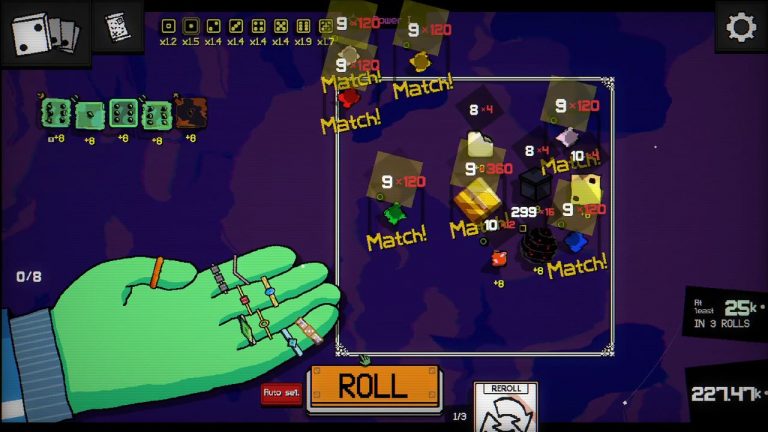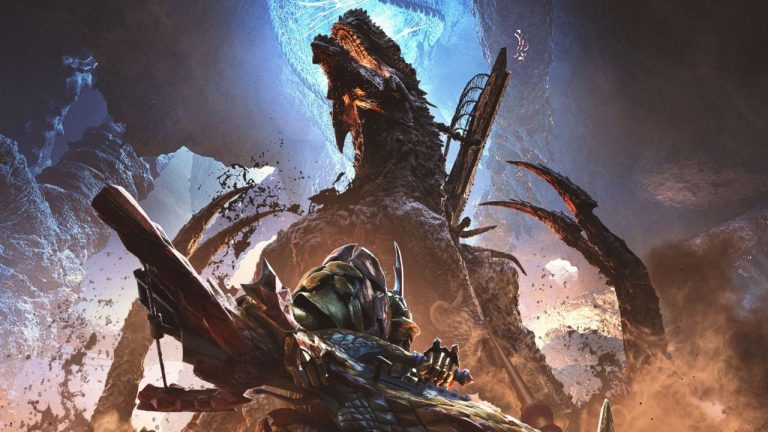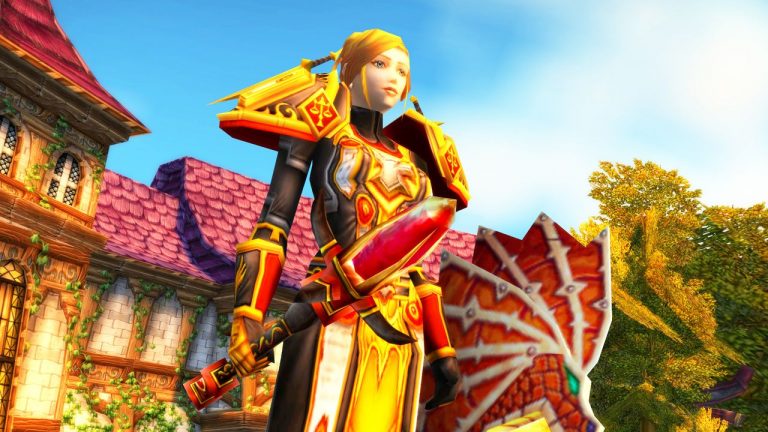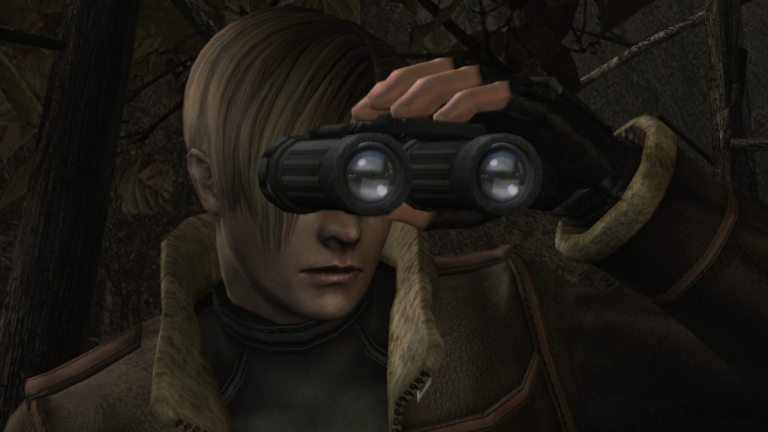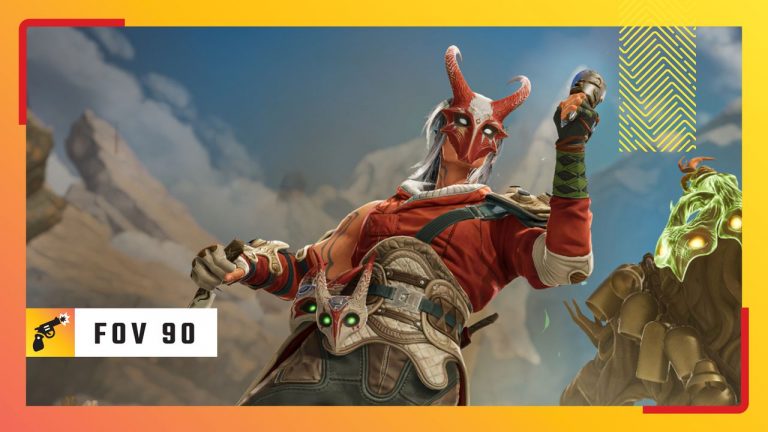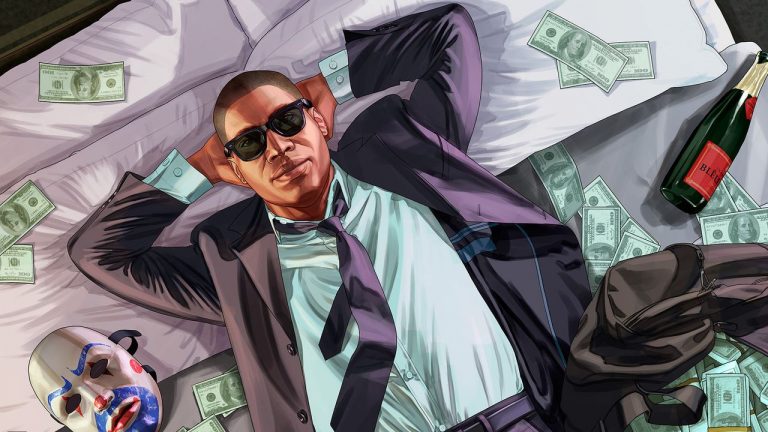It’s been around three months since SAG-AFTRA, a union representing over 160,000 actors across the industry (note: also in videogames), declared a strike over AI, stating that “employers refuse to plainly affirm, in clear and enforceable language, that they will protect all performers covered by this contract in their AI language.”
Sarah Elmaleh, an actor and union negotiator, said at the time that “eighteen months of negotiations have shown us that our employers are not interested in fair, reasonable AI protections, but rather flagrant exploitation”.
The strike has been proceeding apace according to the union, which shared some good news via an update posted to its website earlier this week: “On the eve of the scheduled resumption of negotiations on the video game contract, SAG-AFTRA has announced that more than 120 games from 49 companies have now signed the union’s tiered-budget or interim agreements.
“Significantly, these contracts contain the same common-sense, foundational A.I. protections that SAG-AFTRA members are asking for in the Interactive Media Agreement—demonstrating that the provisions are fair and achievable, and providing employment opportunities to members during the work stoppage.”
Elameh also made a statement, included in the update: “Humane protections for actors against AI exploitation are not an unreasonable ask—and the success of these contracts shows that most companies agree. They are happy to embrace fundamental, ethical guidelines around this tool—alongside equitable accommodation of it—in order to collaborate with professional talent. And talent are likewise eager and delighted to partner with companies that respect them.”
While some proponents of AI technology might oppose such measures—such as the boss of Amazon Games who, staggeringly, claimed that videogames “don’t really have acting” in them—AI is incredibly unpopular amongst the people actually doing the work these models tend to scrape.
Baldur’s Gate 3’s cast, who’ve produced some of the industry’s best recent work, for example, expressed revulsion at the whole situation back in April: “I went on to this stream because somebody gave me a heads up, and I went on and heard my own voice reading rape porn,” narrator Amelia Tyler stated, adding that the technology was “stealing not just my job but my identity”.
As for the present day, some participating actors took to Twitter to celebrate the news of a slow-and-steady win. Kit Harrison, who’s worked in games like Genshin Impact, SMITE, and Baldur’s Gate 3, writes: “Turning down game opportunities during the strike has stung a lot. But as [SAG-AFTRA] re-enters negotiations with this many projects already signed to the new agreement, hopefully my voice is enough among the many to strike a fair deal.”
I’m glad to hear the news, myself. I don’t think I’ve heard a single piece of AI voice acting I’ve actually been charmed by or moved by, but that’s beside the point—this technology’s ability to defer its theft-with-more-steps has led to some truly ghoulish behaviour, like putting three imaginary zoomers on the radio with the resurrected voice of a dead nobel prize winner, or deepfaking voice actors into NSFW mods without their consent. The law will drag its heels catching up on stopping exploitation, but in the meanwhile, I’m glad the people who bring character and life to our games are getting a say.


